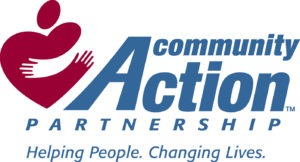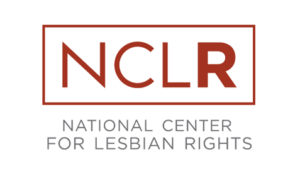Social Services
CHN recognizes the important role social services play in lifting up vulnerable communities and the benefit they provide to our nation.
About CHN's Stance on Social Services
The nation’s social services are designed to strengthen families, help children thrive, and to enable seniors and people with disabilities to live in their communities and prevent the need for institutional care. For many low-income families, people with disabilities and seniors, access to such critically needed services is impossible without government help.
Low-income families need help in a wide array of areas. For the vast majority of families where at least one parent works, child care is essential but extremely costly. When parents do not live together, children continue to need the financial support of both their parents to avoid poverty. Federal child support assistance workers help custodial parents collect support from the absent parent on behalf of their child. Child support lifted close to a million people out of poverty in 2017, more than half of them children. However, for the one in four non-custodial parents who have limited ability to pay child support, it is important to seek amounts that can actually be paid rather than driving parents underground or incarcerating them.
Other services can help parents trying to raise their children successfully to cope with a wide range of challenges affecting parent and/or child. With help, families can stay safely together, avoiding the harm that can come when children are placed in foster care – foster family homes or group care settings. Until early 2018, most federal child welfare funding paid for care for children removed from their families – foster family care, relative care, group care, or guardianship or adoption assistance; now a change in federal law allows more federal funds to be used for services and treatment to keep children safely with their families and out of foster care. In 2017, 56 percent of children in foster care were returned to their parents or other relatives; just about one third were adopted or discharged to guardianship. The growing epidemic of substance use disorders has resulted in a large increase in the number of children and parents needing care, with gross shortfalls in needed substance abuse prevention and treatment, and mental health and social services to address related trauma and other needs.
Youth aging out of foster care or young people who leave home because of conflicts need a range of services to ensure that they can continue their education, find employment, and afford housing. Many are subject to homelessness, sex trafficking, and trouble with the law. LGBTQ youth are disproportionately likely to experience these crises. There are far too few community-based support services to help youth make a successful transition to adulthood.
You can learn more about the positions that CHN takes on various issues reviewing our public policy document.















